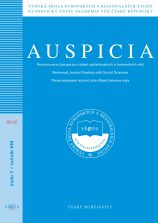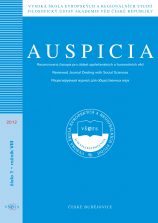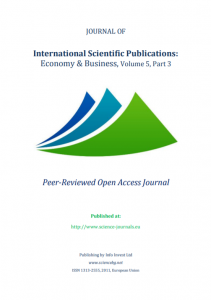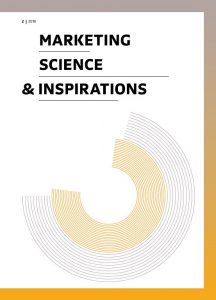Journal Paper
Publication Types:
Tourism Development Planning in Selected EU Countries
Tourism development planning is now part of the regional policies of all Member States of the European Union. Strategic plans at national or regional level are specific instruments of regional management, which contain results of the planning process and ensure the development of tourism in the selected region. The paper analyzes the representatives of these plans from Great Britain, Germany, the Czech Republic, Slovakia, Romania and Bulgaria. It evaluates their contents and form of processing according to suggested united methodology respecting main principles of current quality management. The paper tests the process of evaluation on a selected sample, compares different approaches to planning and identifies the best transferable practices as the first step of creating the complex system for evaluation and quality improvement of regional planning in tourism.

Hodnocení programů rozvoje cestovního ruchu: stanovení znaků kvality
The systematic tourism promotion can be understood as a specific instrument of regional policy of Czech regions. At the present time almost all regions are disposing with the particular programme document focused on tourism development in a given region. Nevertheless, these documents are considerably different in the case of their form and content, which complicates the process of their evaluation and comparison. In order to review the documents it is necessary to set objectively the generally valid requirements on the quality of elaboration and derive from them the measurable quality marks. This is the content of the first stage of the research. Its main aim is to draft the complex procedure for evaluation of the overall quality of the tourism development programmes.

Hodnocení programů rozvoje cestovního ruchu: postup hodnocení a jeho aplikace
This paper summarizes the results of the second phase of the research. Its aim was to draft a procedure for evaluating the quality of tourism development programmes. The concrete requirements and quality marks were determined in the first phase of the research. So-called key characteristics were defined in order to assess the level of fulfilment of these requirements which should correspond with the quality marks. An interval method of assessment is used to evaluate the extent of matching the key characteristics in several quality levels. The evaluation process continues with the method entitled Distributively-delegative Awarding Points. Its result is the final value of the quality marks, characterizing the quality of the content and the format of the document. The chosen
procedure was applied to eight regional documents with the aim to determine the current state and the most common differences in the achievement of the quality marks.

What Kind of Competences Are Sought By Employers at the Time of Crisis?
Competences are important prerequisites for any kind of job. Competences accumulate across a long period of time. Key competences for lifelong education have been suggested even by the European Parliament and EU Council in December 2006. This article provides analysis of a nation-wide survey of desired competences at the time of global economic uncertainty. As such it may assist educators in designing suitable courses and curricula that provide graduates with competitive edge on the labor market. Key words:

Zákaznická spokojenost a loajalita uživatelů automobilů – vybrané atributy
Snaha pochopit motivaci spotřebitelů k nákupu a jejich myšlenkové pochody je významnou oblastí zkoumání. Na základě empirického šetření mezi téměř 117,000 majiteli osobních vozů v pěti největších evropských automobilových trzích jsou v tomto příspěvku testovány vzájemné vazby mezi spokojeností s nákupem, spokojeností s užitím a zákaznickou loajalitou. Ukazuje se, že usilovat o nového zákazníka či extrémně pečovat o dealerskou síť nemusí být nejlepší kroky automobilových firem při realizaci jejich marketingových strategií.
